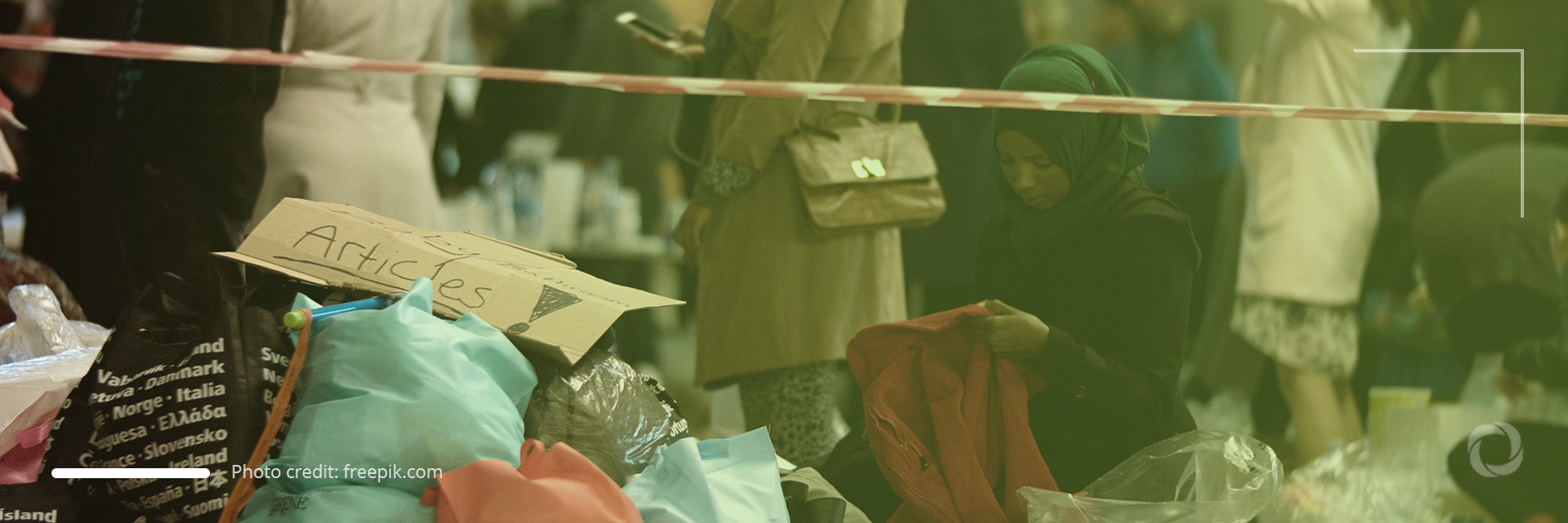The issue of illegal pushbacks in EU countries is gaining ground, being in the spotlight of an increasing number of organizations and media. The Protecting Rights at Borders initiative (PRAB), an international initiative launched by protection and legal aid organizations from seven countries, has published a report based on a survey of 2,162 people who had been denied asylum. In this report, 31% of the people polled had been denied access to asylum procedures, 24% had experienced physical abuse or assault and 27% had been affected by theft, extortion, or the destruction of property.
Based on the testimonies of asylum seekers, PRAB noted that European countries had more than likely cooperated with each other to push back migrants. The people polled noted that when crossing the border between Italy and France, the French border police had caught them, denied their applications for asylum, failed to provide food, water, blankets, or medical assistance, and returned them to Italy a day later.
When migrants crossed the border from Slovenia to Italy they, in turn, were pushed back due to an agreement between the two countries under which any nationals who enter Italy irregularly can be returned to a third country. Asylum seekers interviewed by PRAB admitted that they were sent back to Slovenia by the Italian police and Slovenian border police then sent them to Croatia from where they were transferred to Bosnia and Herzegovina, thus leaving them outside the EU without any asylum procedures available, an action that is illegal.
Asylum seekers detained in Hungary declared that they were bitten by dogs that were unleashed by border officers. Of the 285 people who reported that they were denied access to asylum procedures, 93 of them (33%) suffered physical abuse and 66 people (33%) were subjected to theft, extortion, and the destruction of their property. Meanwhile, 151 (46%) of the people detained in Romania reported physical abuse, 14% extortion and the destruction of property, and 24% the denial of access to asylum procedures. The interviewees indicated that Romanian border patrols slapped them, kicked them, hit them with police batons, and punched them on their backs, hands, and legs. Furthermore, the migrants were forced to sit or kneel on the ground and their phones were either smashed or not returned to them.
Pushbacks are related mostly to migrants coming from Africa, the Middle East, and Central Asia. PRAB estimates that the statistics it was able to collect do not fully reflect the true extent of the problem as NGO volunteers investigating the issue are not given free access to pushback areas.
Earlier this year, following calls from EU and UN bodies, the European Anti-Fraud Office (OLAF) opened an investigation into the alleged involvement of the European Border and Coast Guard Agency (Frontex) in illegal pushbacks. Last April, Frontex denied the allegations, and its leader, Fabrice Leggeri, told France 24 that “there is no evidence that Frontex, or officers deployed by the member states under Frontex operations, have participated in or covered up any illegal pushbacks in the maritime domain”. However, Frontex have not ruled out that in some instance pushbacks may have occurred.


